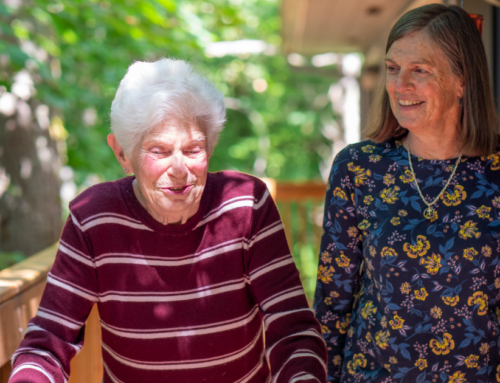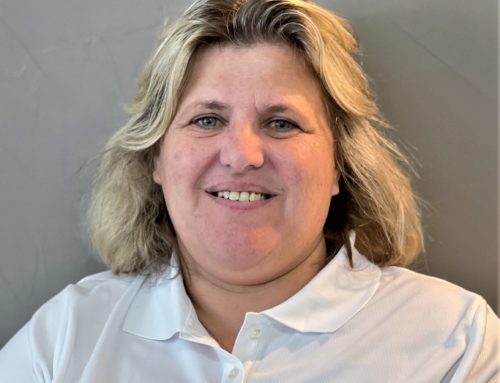After a hospital stay, there are many different things to manage. For example, medication regimen changes, new physical exercises are often needed to aid recovery, or ongoing appointments to be added to the calendar. There are numerous ways home care can help someone recently discharged from the hospital and their family transition back into their daily routines or adjust to a “new normal,” including:
Help with ADLs
One of the challenges many people face when returning home is mobility. This makes it very difficult for them to perform the ADLs (daily living activities) routine for them before their hospitalization. These ADLs include:
- Bathing or showering
- Dressing
- Personal hygiene
- Eating
- Getting in and out of a bed or chair (transferring)
- Walking
- Using the toilet
In addition to needing assistance with these activities, people often need help caring for a spouse, another family member, or pets.
A professional caregiver can help with medication and exercise reminders, schedule management, housekeeping and laundry, cooking meals, and offering encouragement and emotional support.
Transportation
Discharged patients are often given doctor’s orders not to drive a motor vehicle for an extended period, sometimes permanently. This can put additional stress on family caregivers. A professional caregiver can help with transportation to and from:
- The hospital, skilled nursing, or another care facility at home
- Follow-up appointments with their doctor and other healthcare providers
- Physical, speech, or occupational therapy appointments
A caregiver can also help with other tasks outside of the home, such as grocery shopping, running errands, and picking up medications.
Companionship
Family caregivers often can’t be there for extended periods because of career and family obligations. A professional caregiver can be there as a warm, caring, and friendly companion when a family member can’t. This helps discharged patients avoid feelings of loneliness and isolation after returning home from a hospital stay.
Respite care
As a family caregiver, you know caregiving can be stressful and exhausting physically, mentally, and emotionally. To maintain your health, respite care from a home care agency like Family Resource Home Care can provide the time you need to practice self-care, rest, relax, and recharge.
You’ll have peace of mind while you’re away, knowing that your loved one is receiving exceptional care from a professional caregiver and that their daily routine, which is so important to older adults, is being maintained.
Respite care is flexible. It can be for a few hours a day, a day or two per week, or a week or longer if you need an extended break for a vacation or to take care of other obligations.
Extra set of eyes
A professional caring for someone at home following a hospital stay can also look for “yellow flags,” indicating that the care recipient has had changes to their health that need attention. Essentially, they serve as an extra set of eyes that can observe changes and let the family know so appropriate measures can be taken.
Family Resource Home Care helps people recovering from a hospital stay with our Transitional (or Post-Hospitalization) Care service. It’s tailored to assist individuals needing temporary assistance, not just seniors.
Contact us today to learn more about how we can help your loved one adjust comfortably and safely at home after a hospital stay. Our trained, compassionate caregivers are here to help.






